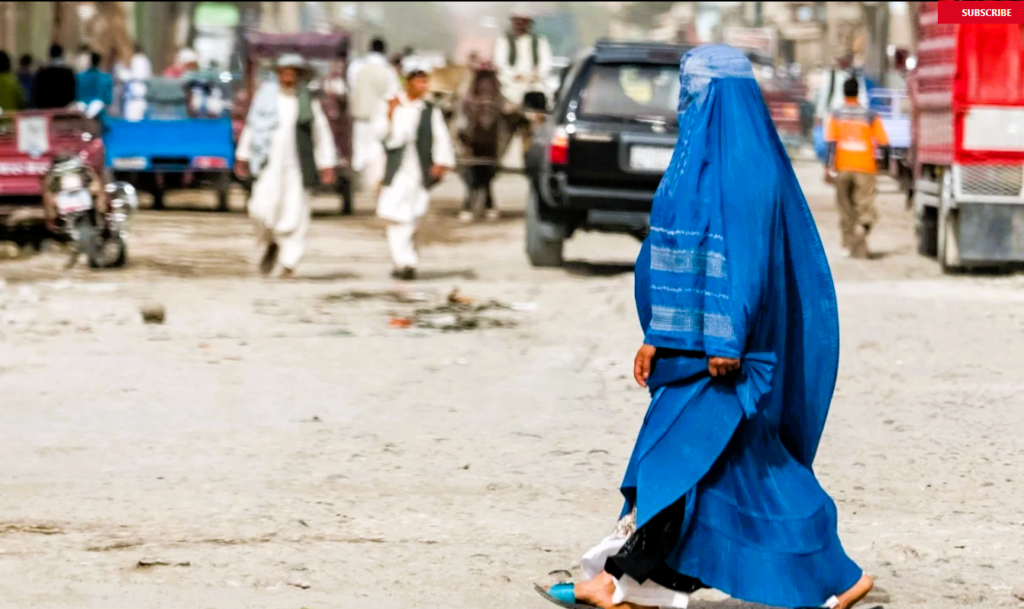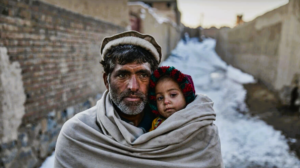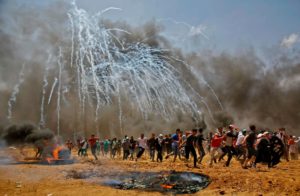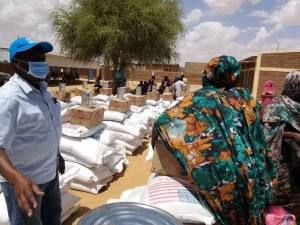
UAI’s latest newsletter focuses on how the return of the Taliban to Kabul on the 15th and the US troop withdrawal on 30th August marks the end of the US-led occupation that began in October 2001 with the launch of Operation Enduring Freedom. The three-year anniversary of these tumultuous events is also an occasion to reflect on the current and evolving situation from the perspective of in-country Afghans.
The funds remain frozen
UAI remains preoccupied with the ramifications of the US-led seizure of US$ 9.2 billion of Afghanistan’s external reserves. This arbitrary confiscation hobbled the economy and the Afghan central bank – Da Afghanistan Bank – which nonetheless has done a reasonable job in avoiding levels of inflation that would further impoverish millions of poor Afghans.
UAI’s statement published on 15th August challenges the narrative of widespread concern about the day-to-day reality of Afghan women and girls; their historical experience of marginalization has been exacerbated by the many discriminatory edicts of the de facto authorities. However, such narratives simultaneously ignore the collective punishment and related deprivation that harm Afghan females who are most adversely affected by the manufactured poverty inherent in the disastrous frozen funds policy.
Inside the Taliban’s Afghanistan
Jean-François, a member of UAI’s Afghanistan Task Team, and Sonia, who live in Kabul, recently made a road trip with their two adult children around Afghanistan, a country they “have loved for decades” and where they have worked on various occasions. Their wide-ranging article is full of reflections worthwhile read!
The article shows that regular Afghans appreciate the end of decades of armed conflict and much improved physical security as evidenced in crowded bazaars. However, poverty and deprivation are readily apparent. On the plus side, corruption has much reduced. Travelling in rural Afghanistan during the wheat harvest season, the Cautains found fields full of busy “men, women and teenagers”. Agriculture remains greatly dependent on physical labour and basic tools such as the sickle notwithstanding the billions of international aid dollars poured into Afghanistan during two decades of nation-building. Discussions with farming families and others show that the unregulated use and depletion of underground water resources raise a range of critical issues including the overdue need for investment in sustainable food production and other infrastructure.
As Afghans wrestle with deepening poverty, the marginalized situation of females and a host of other problems, there is some hope that constructive and pragmatic diplomatic dialogue will enable more political space for engagement and the availability of resources needed to build a more productive and peaceful future.
Our Media Watch Is Always on Duty
UAI, in the Media Watch section of the “Release Afghanistan’s Frozen Funds” campaign site, routinely posts relevant articles and reports. In August, postings include for example, an International Crisis Group report by Graeme Smith “Afghanistan Three Years After the Taliban Takeover”.
Join us against inhumanity
UAI, in collaboration with other civil society actors, in and outside Afghanistan, will persist in promoting an end to the arbitrary and questionable seizure of Afghanistan’s sovereign reserves.
Everyone interested in joining this campaign is invited to do so!











